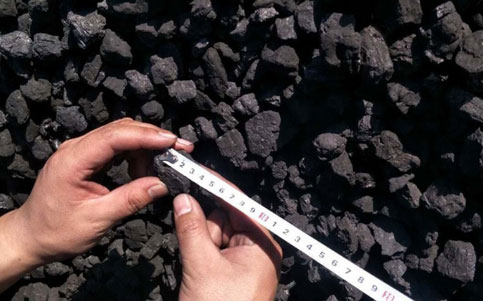
Market growth for calcined petrol coke is accelerating due to the increasing demand of high-quality carbon in various industries. Calcined petroleum offers many advantages to manufacturers. These include increased fuel efficiency and reduced environmental impact. The chemical industry is a good example, since calcined petrol coke replaces less-energy efficient fossil fuels. A growing emphasis on promoting a sustainable environment should also help drive the growth of calcined oil coke. The government is enacting more strict laws, imposing green levies and providing grants and subsides to encourage businesses to develop game-changing technology that reduces carbon emissions.
Coal has a high calorific gross value but it also has environmental problems such as sulfur and ash. Petroleum coke, on the other hand, has a low ash and sulfur content. It also has a higher heating value than coal. It is therefore a good alternative fuel for reducing greenhouse gasses and improving air quality. It is energy-intensive to calcinate petcoke and turn it into a fuel.

In order to solve these problems, a group of researchers at Gas Technology Institute (GTI), and Superior Graphite Company have developed a process for burning calcined petrol coke. The SGC in Hopkinsville Kentucky facility is deploying this team's new technology. The new process should save the facility more than 2 million dollars per year in operating costs. The team is also marketing the technology to producers of calcined petroleum coke and related industries.
The waste heat from the calcining process is captured in a steam generator and converted to electricity using a steam turbine. The system provides constant energy 24 hours a days, 7-days aweek. In addition, it has no seasonal fluctuations or daily outages. This can be used to reduce the dependence of this plant on natural gases and energy costs.
As it heats up, the moisture that is present in coke turns into volatile hydrocarbons. As a result, more heat can be produced. This is then recovered by hot combustion gasses which are expelled countercurrently from the kiln. Waste heat recovery systems can also be used to produce steam, which is then sold to other nearby factories or converted into electricity with steam turbine generators.
Porosity increases the temperature drop of the calcined oil coke in the heat exchanging outlet. It is due to the fact that the thermal conductivity decreases as a material's porosity increases. To overcome this problem, it is possible to modify the calcination by increasing oxygen in the air. This will improve the thermal conductivity. FLUXUS F601 Two-Phase Flowmeter can be used in the Calcined Petroleum Coke Supply System to monitor pressures, temperatures, and the flow of water. These data are recorded and sent to the control center.

Write a Message